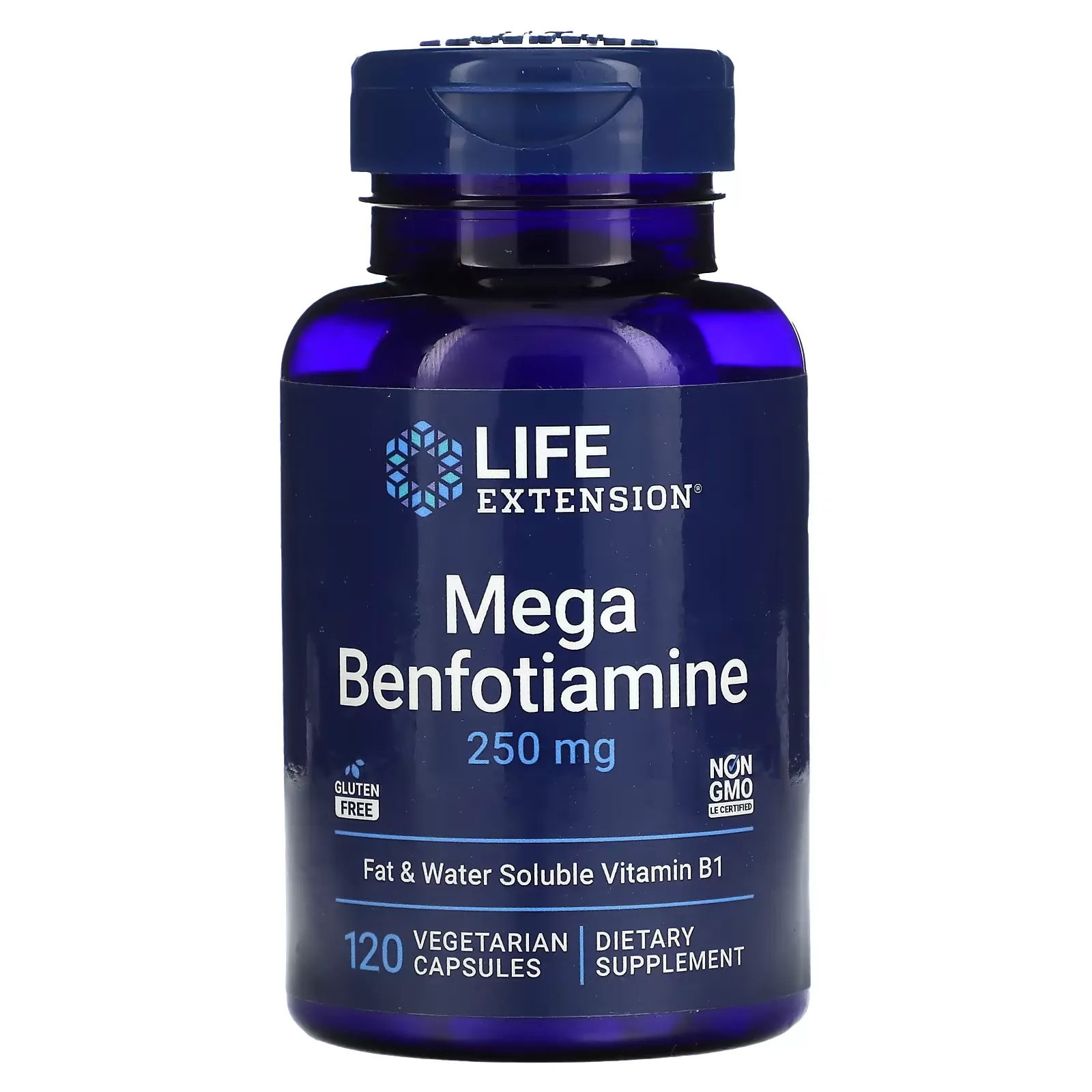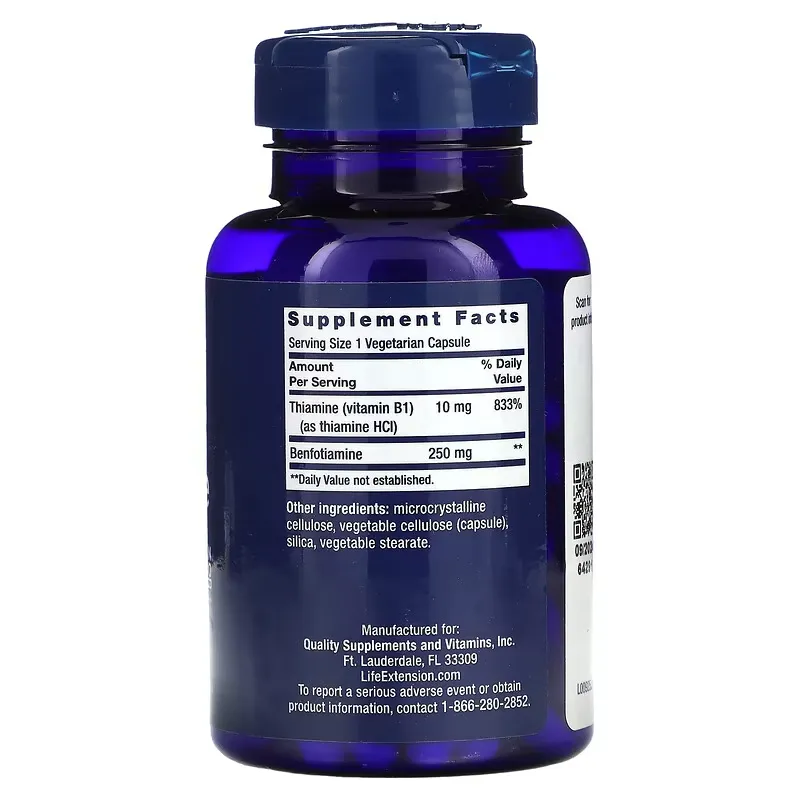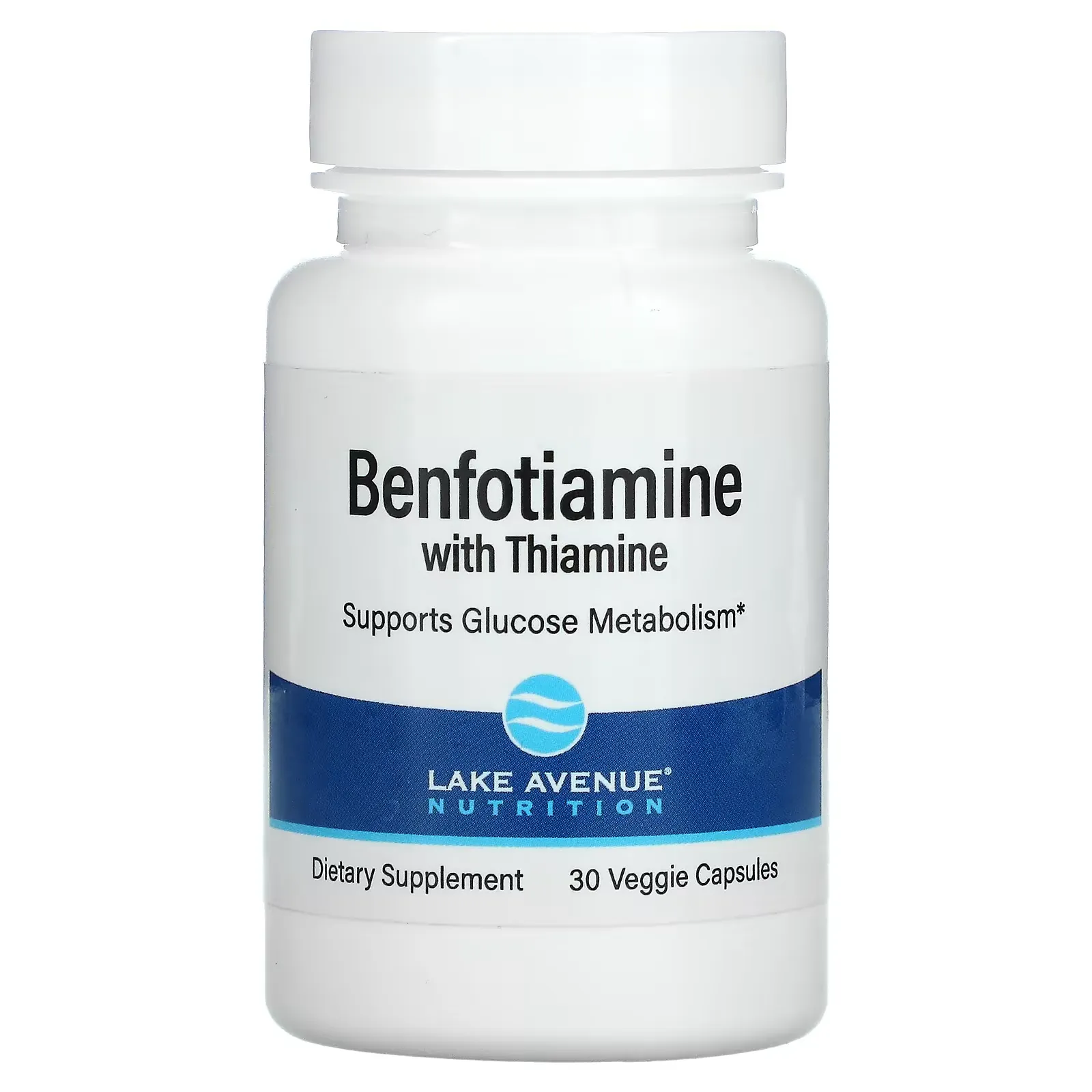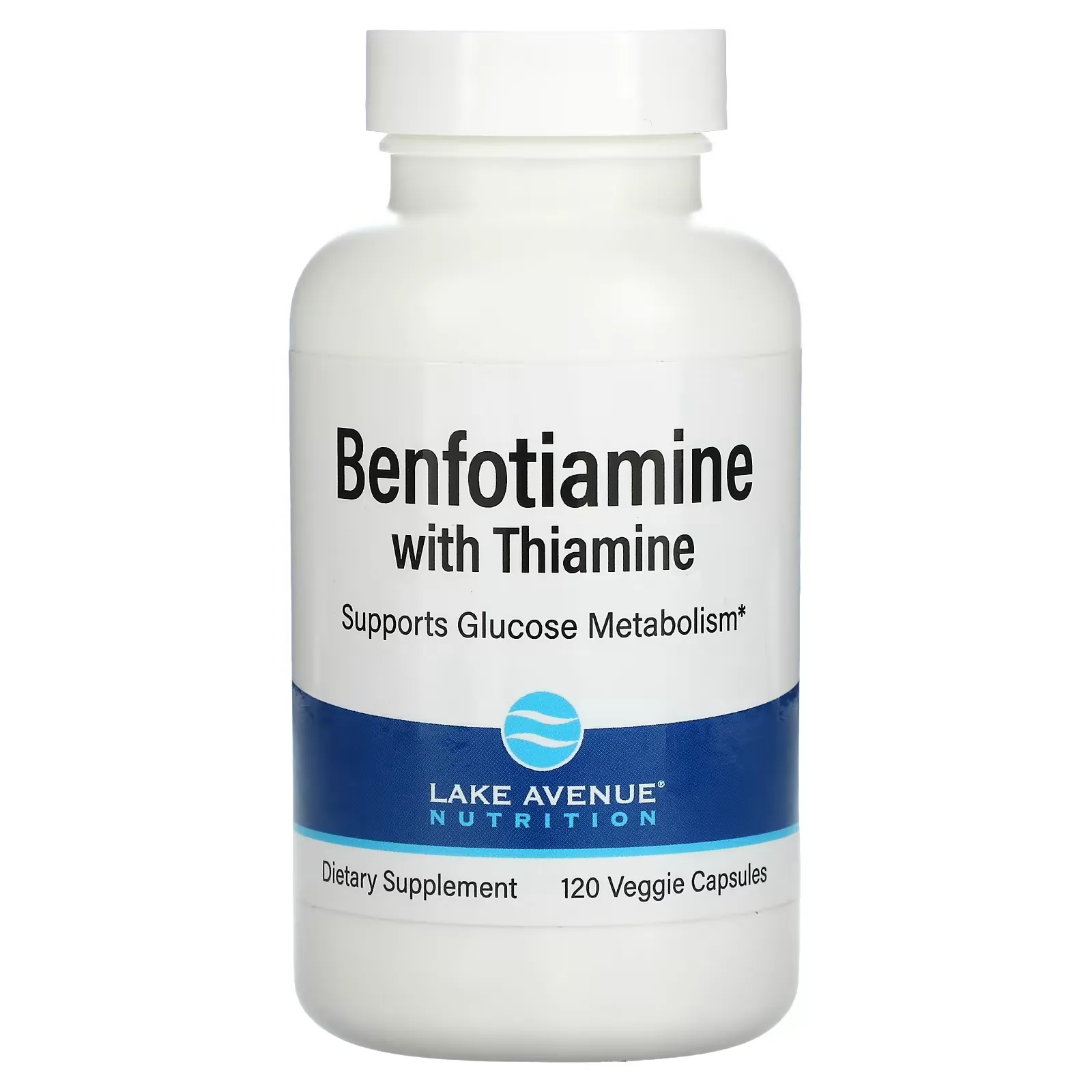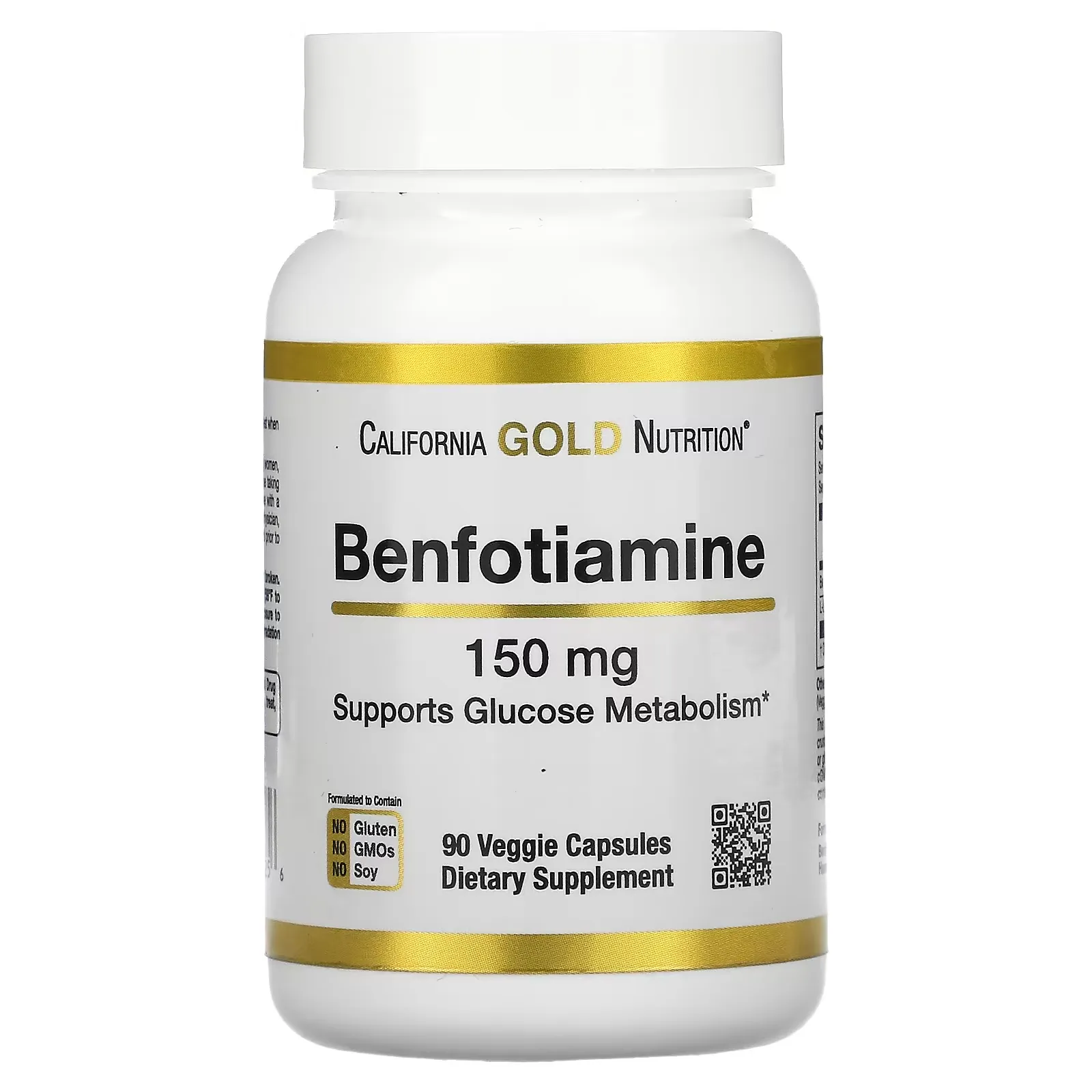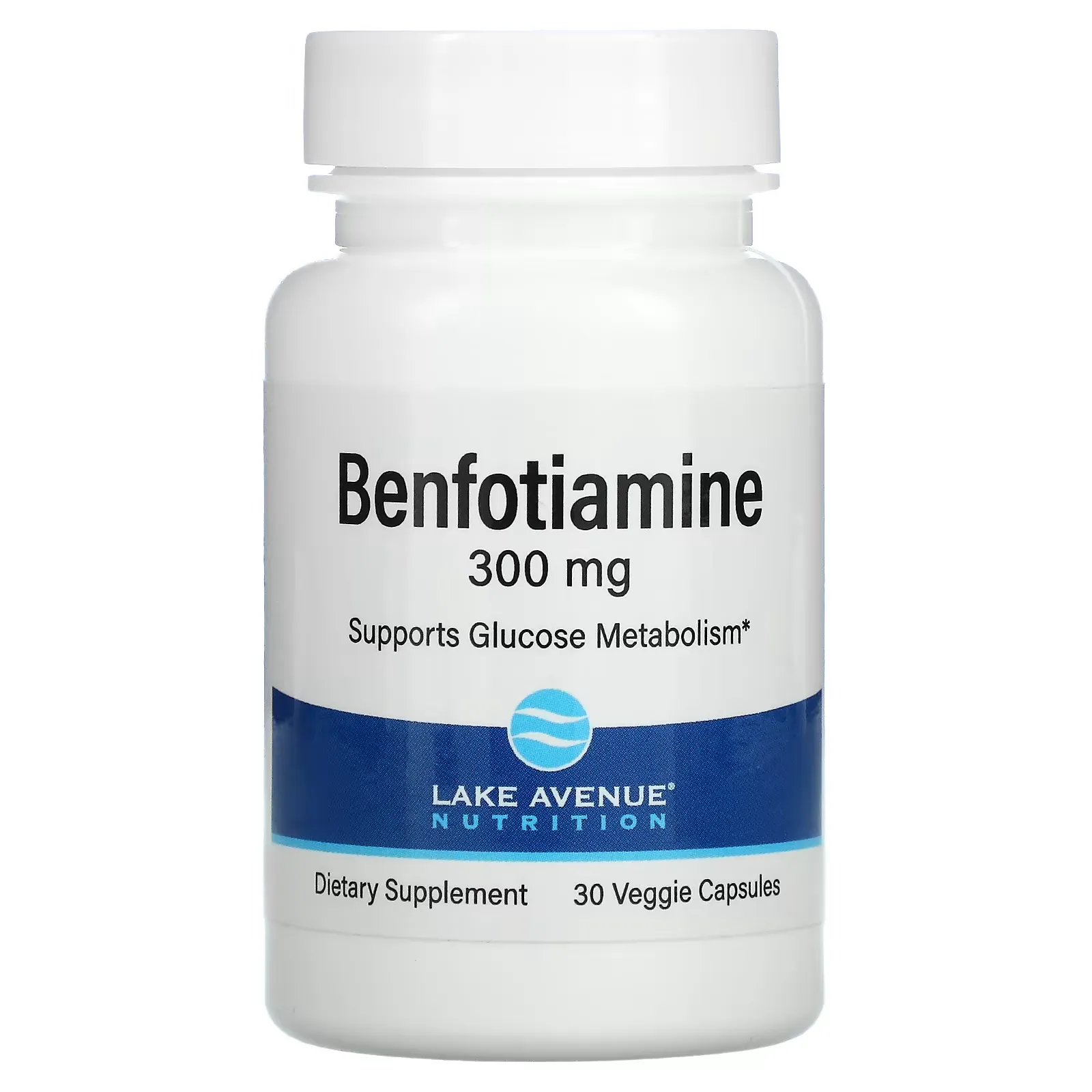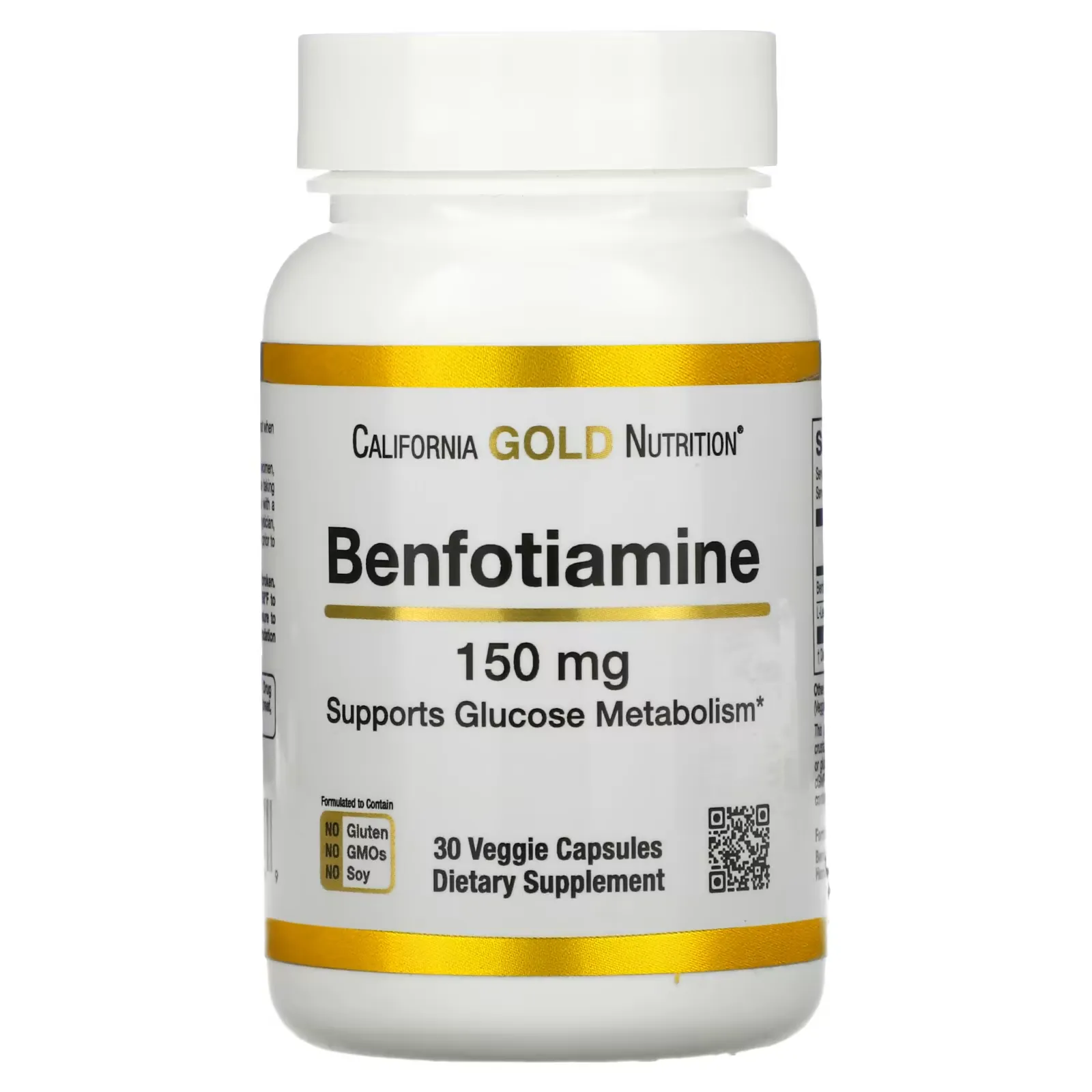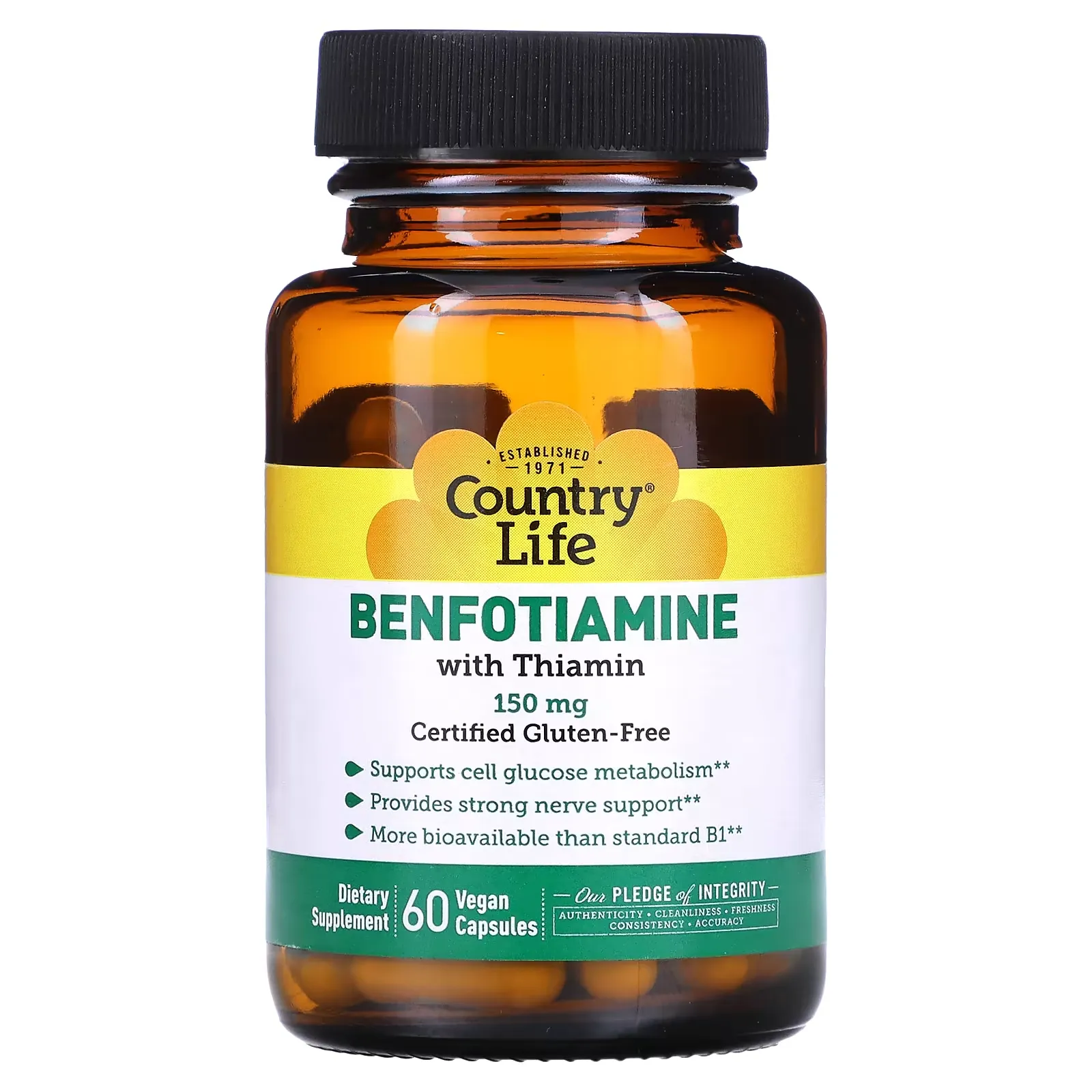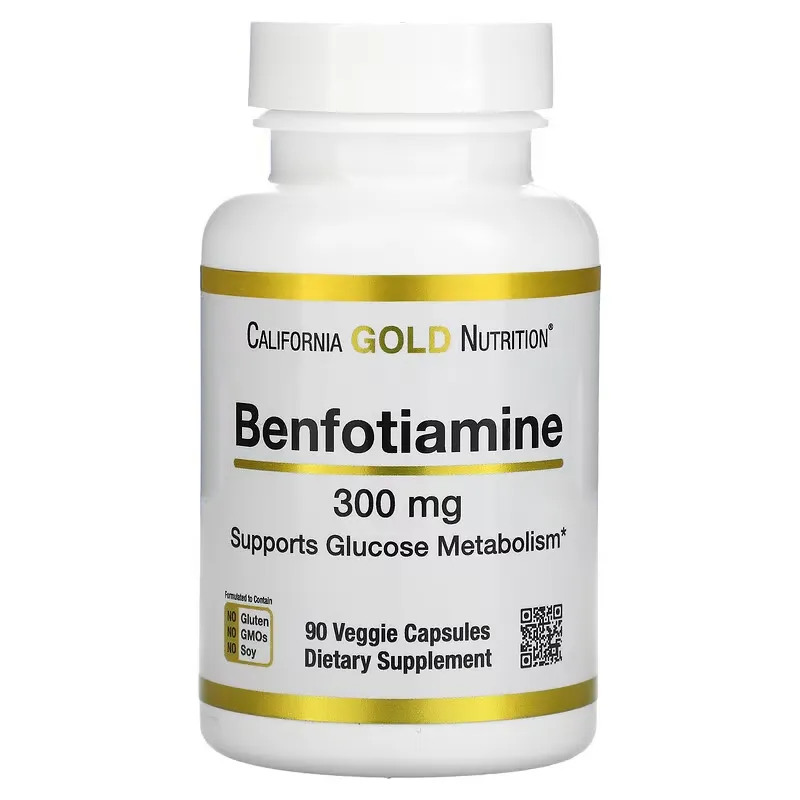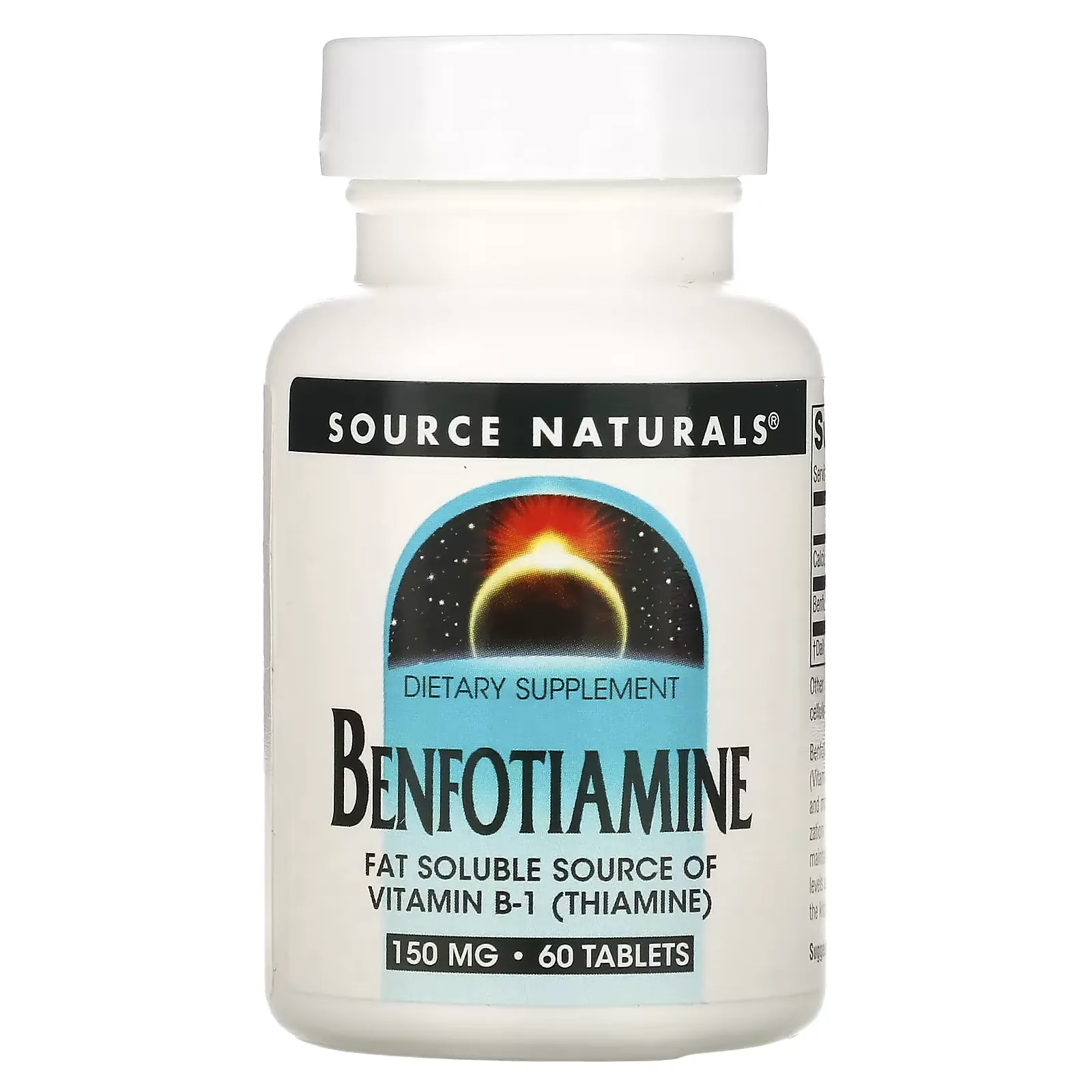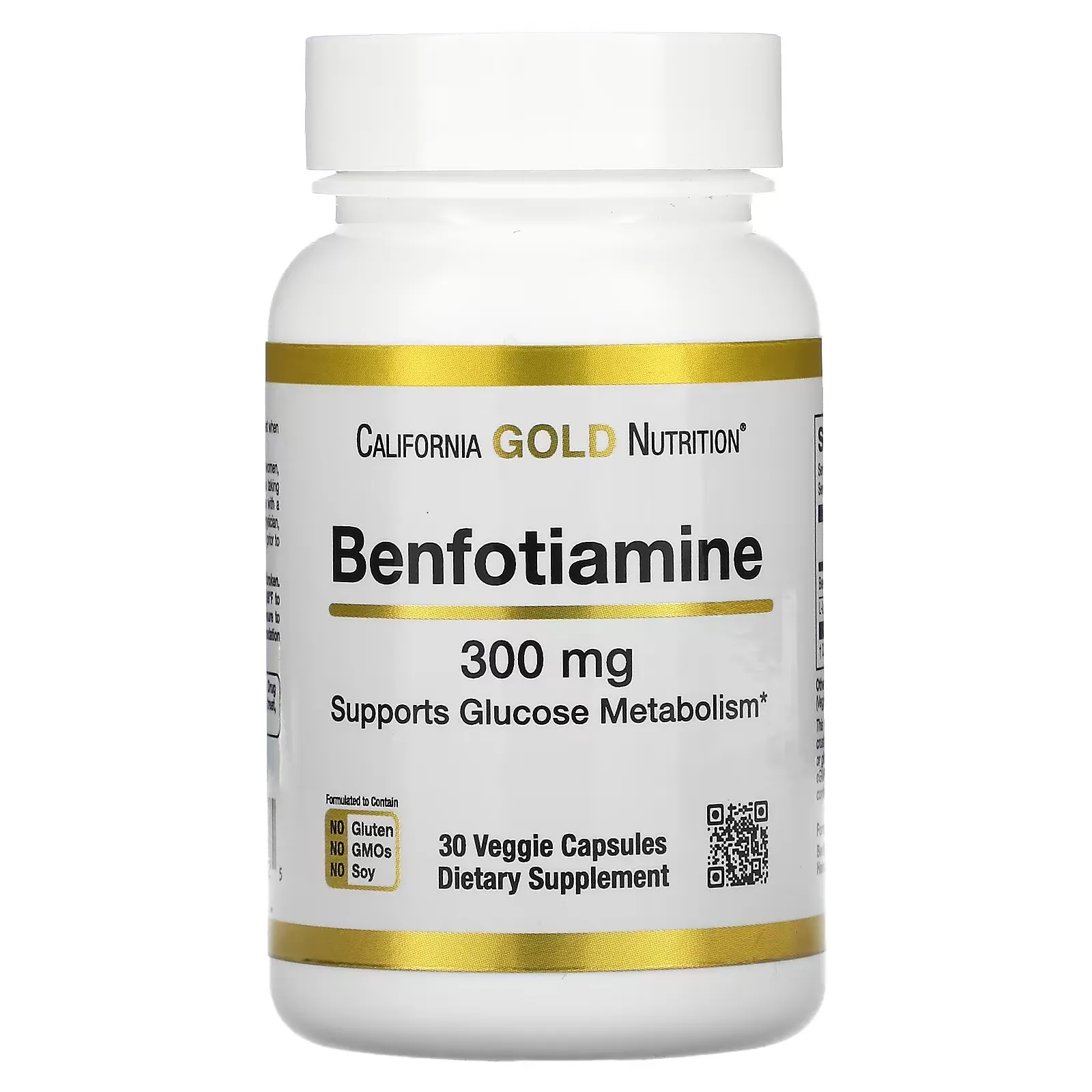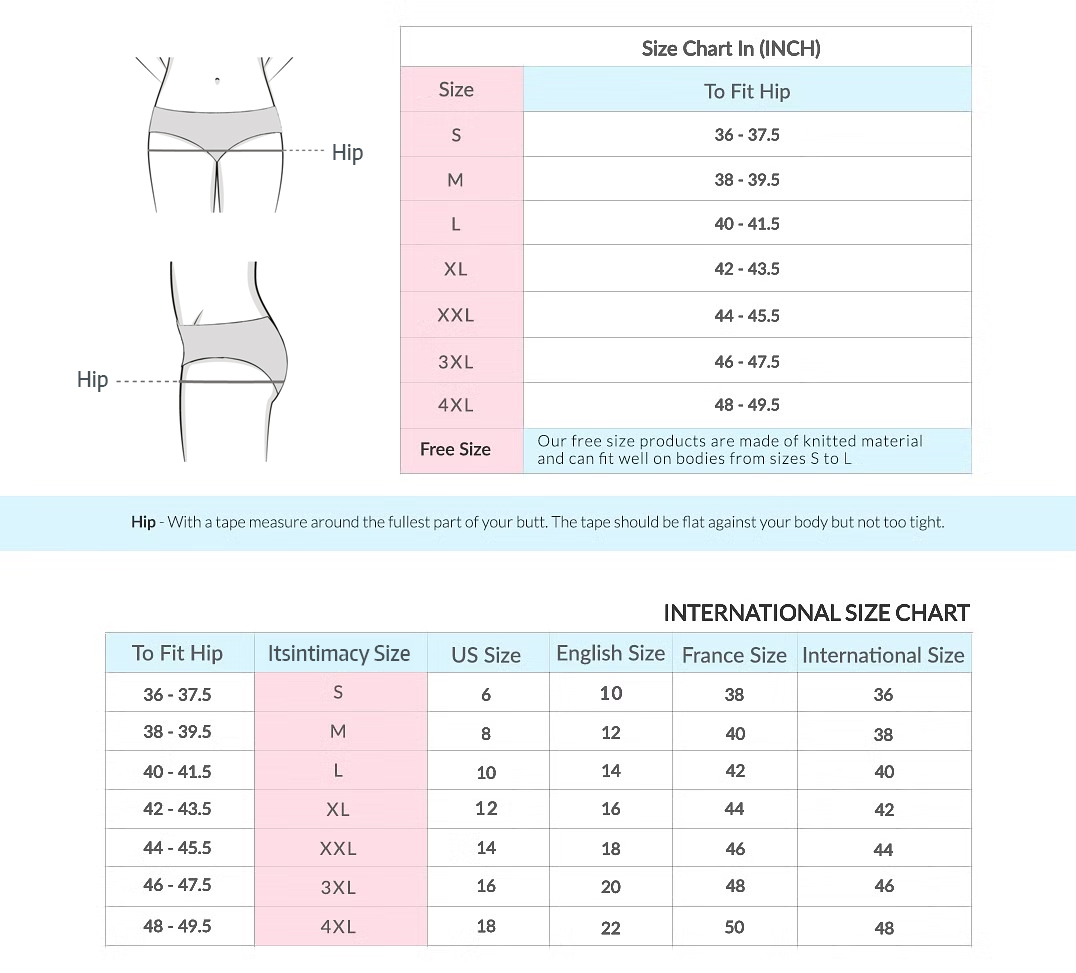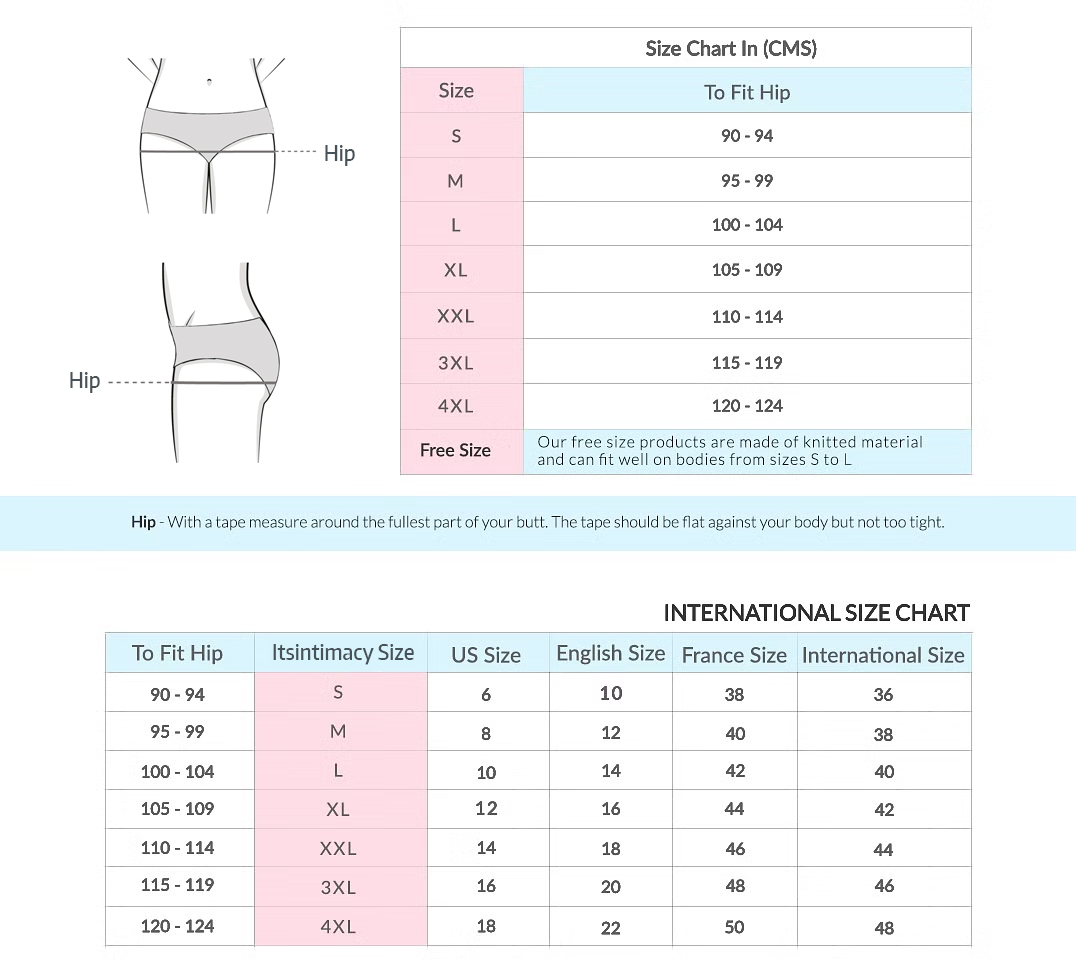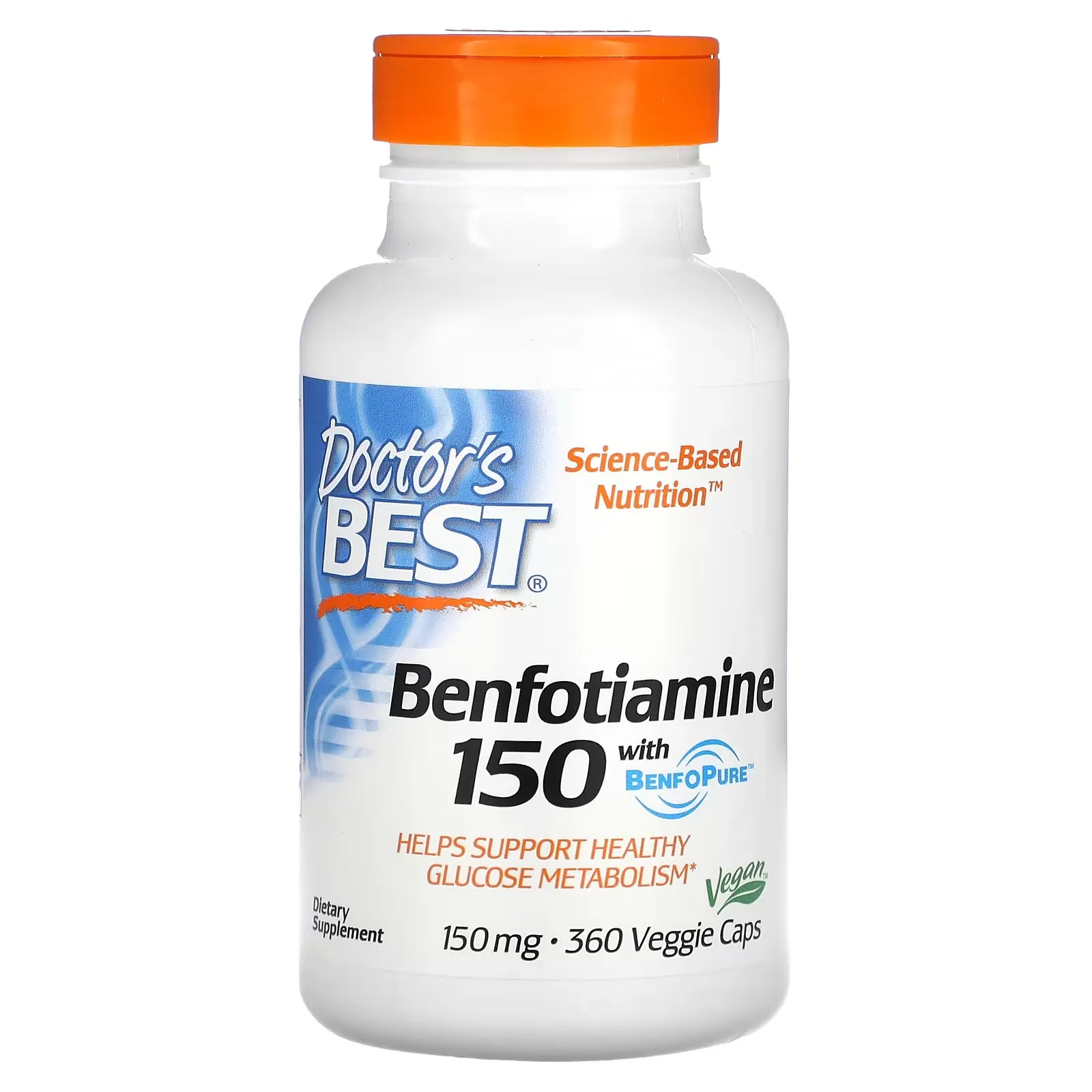
- Gluten Free
- Non GMO LE Certified
- Fat &; Water Soluble Vitamin B1
- Dietary Supplement
Benfotiamine, a fat-soluble form of vitamin B1 (thiamine), provides healthy blood sugar metabolism support and helps protect the body’s tissues against advanced glycation end products (AGEs) and oxidative stress.
Mega Benfotiamine is formulated with 250 mg of benfotiamine and 10 mg of thiamine (vitamin B1) to support healthy blood sugar metabolism. It also helps protect your body against oxidative stress and glycation, a biochemical reaction that can contribute to a variety of age-related factors.
Mega Benfotiamine Benefits
- Helps support healthy blood sugar metabolism
- Supports already-healthy blood glucose levels
- Offers protection against advanced glycation end products (AGEs) &; oxidative stress
Benfotiamine Better Than Thiamine?
Benfotiamine may also be more helpful in certain situations than thiamine: for example, the enzyme transketolase is critical to blood sugar metabolism and requires thiamine as a cofactor. Unfortunately, the water-soluble thiamine is less available to the interior of the cell, while benfotiamine is fat-soluble and can easily penetrate the cell membrane.
Benfotiamine, a fat-soluble form of vitamin B1 (thiamine), provides healthy blood sugar metabolism support and helps protect the body’s tissues against advanced glycation end products (AGEs) and oxidative stress.
Benfotiamine is also more bioavailable than the water-soluble thiamine. In a landmark study, benfotiamine effectively increased transketolase activity in cell cultures by an astounding 300%, compared to a mere 20% for thiamine. This robust activation was sufficient to block three of the four major metabolic pathways. Benfotiamine also blocked the activation of the transcription factor known as nuclear factor-kappa B (NF-kB).
Overall, benfotiamine can modulate glucose metabolism and promote healthy blood glucose levels already within the normal range. By doing so, benfotiamine also helps inhibit the formation of AGEs and supports healthy endothelial function.

